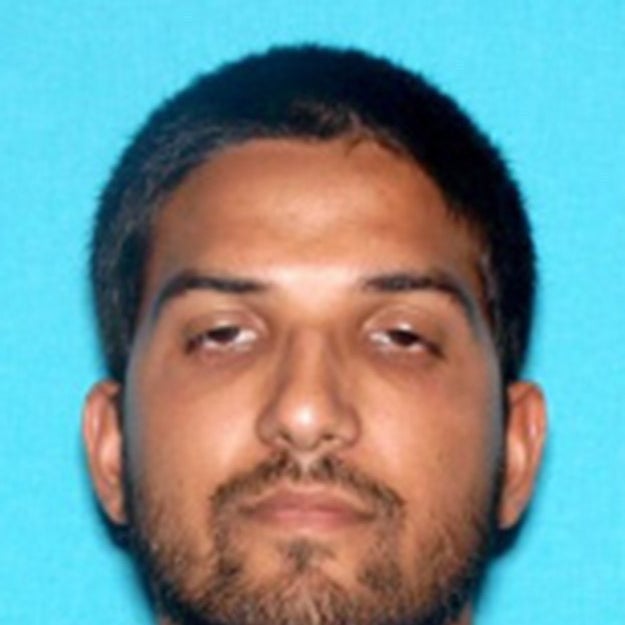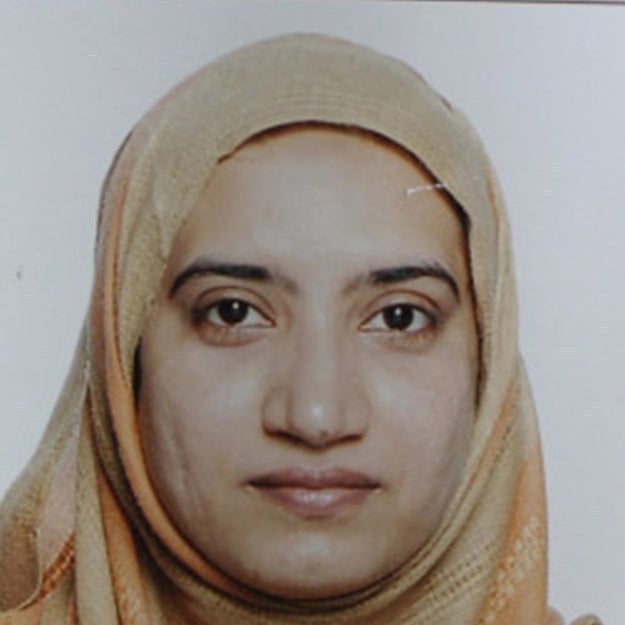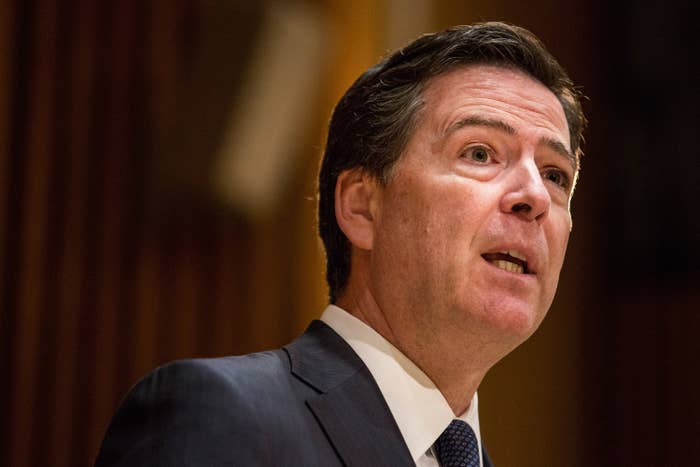

A former FBI agent with more than a decade of experience on the frontline of online investigations says better internet surveillance would not have stopped an attack like the tragic shooting this month in San Bernardino.
"First of all, the U.S. government and the FBI doesn't have the resources to monitor everything that's going on on the internet," said Austin Berglas, the former Assistant Special Agent-in-Charge for the FBI's New York cyber unit.
Berglas, who spent 16 years with the FBI, oversaw all national security and criminal cyber investigations in the largest cyber branch in the bureau. During his tenure, his team took down Silk Road, the notorious online drug bazaar operating on the dark web. Earlier this year, Berglas moved to the private sector, taking a position at K2 Intelligence where he does the same type of cyber investigation work.
"Being on the outside, I think the [San Bernardino] attack was really just a crime of opportunity for them. It seems that they were maybe planning something larger for another type of event," Berglas said.

On Wednesday, FBI Director James Comey raised eyebrows at a press conference where he presented more intelligence following reports that one of the San Bernardino shooters, Tashfeen Malik, had posted public messages about violent jihad on social media years before the deadly attack.
"So far, in this investigation we have found no evidence of posting on social media by either of them at that period in time and thereafter reflecting their commitment to jihad or to martyrdom. I've seen some reporting on that, and that's a garble," Comey said.
Comey said that the shooters had expressed support for "jihad and martyrdom" in private emails and messages, but that there was no evidence of a posting on social media, including on Facebook.
"We don't intercept communication of Americans. We're not combing through their emails," Comey said.
An FBI spokesman said Wednesday that Comey "was only referring to the time period before the shooting, and describing how direct private messages between the subjects would not have been apparent to a wider audience."
He added that the FBI has not "commented on media reports that the subjects posted claims of allegiance online after the shooting, as this remains an ongoing investigation."
Regardless of whether the posts in question were in the public view on a forum such as Facebook, Berglas suggests it's unlikely that posts from Malik and Farook, who reportedly had no affiliation with a larger terrorist group, would have set off any red flags at the FBI.
"You're looking at a lone wolf [attack]. What they're saying is that these guys weren't connected to a larger cell. At what point do you take the conversations online and move towards devoting limited resources to focus on those individuals compared to the 10,000 [people] online who are talking about the same types of things."
